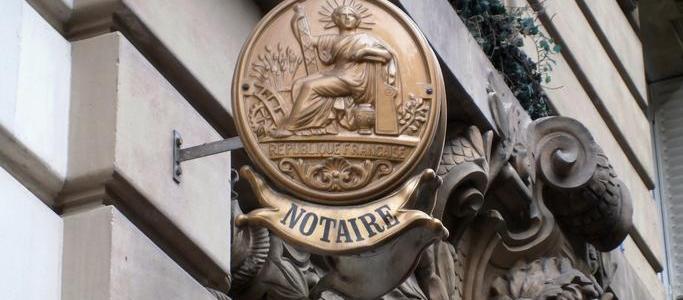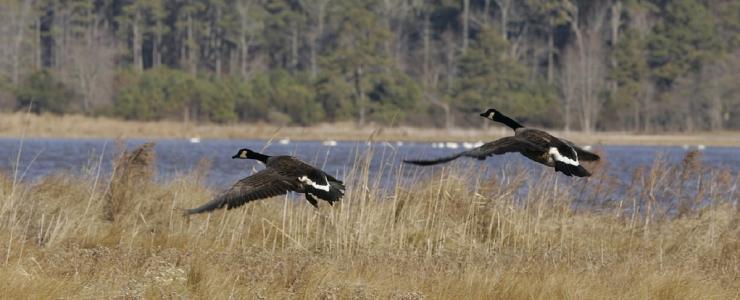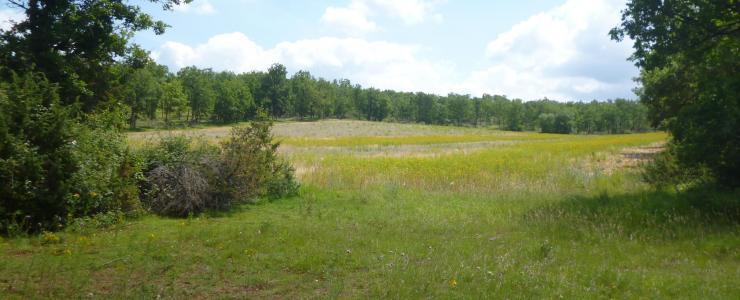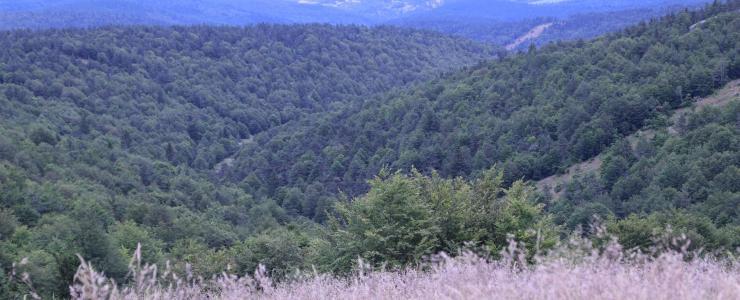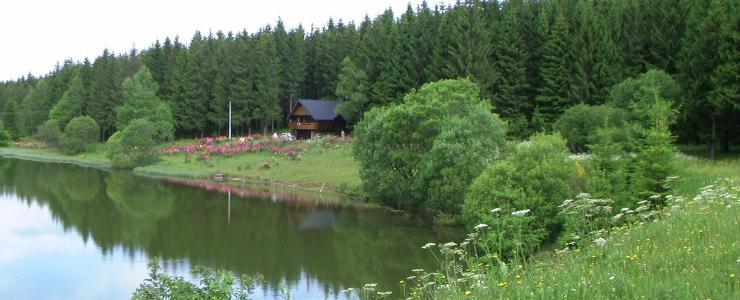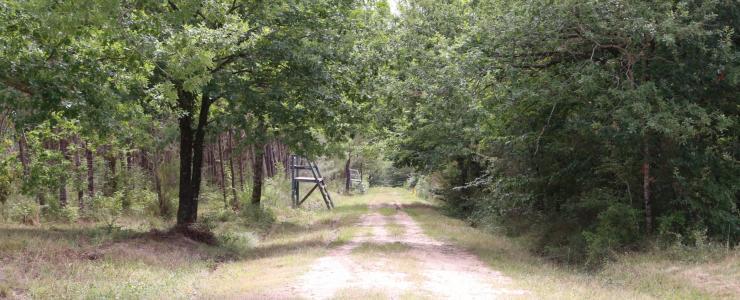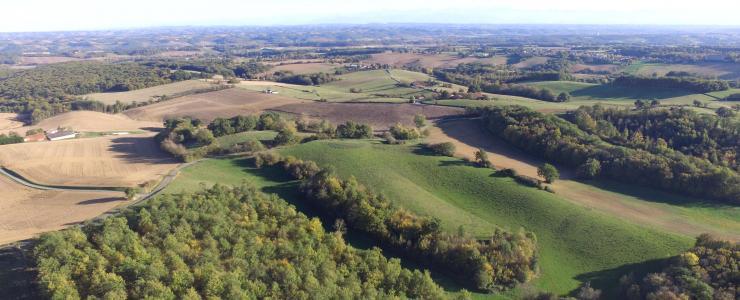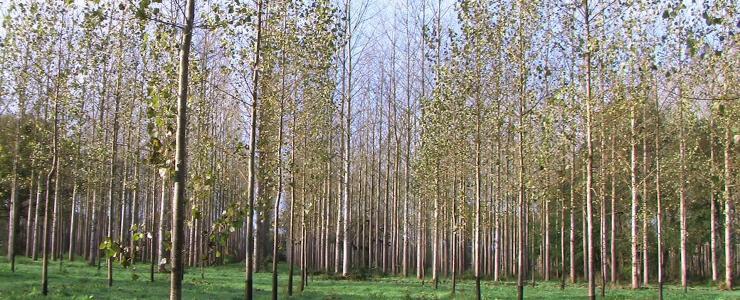Property tax on woodlands
Property tax on woodlands in France is calculated on the basis of the ‘cadastral’ (or property) income of the forest plots.
To account for deferred income from wood and forests, and for the investments required to plant seedlings early on, a tax exemption is provided for in the law.
An exemption that is one of a few tax breaks available for forests.
Article. 1379 of the French Tax Code
Anyone who owns land in France on January 1st of the year of taxation must pay property tax for the full year.
As stipulated in law, this property tax is defined by each municipality, depending on the location of the taxable property. It is based on the forestry income from the property, which is the average annual income of the complete production cycle (from 25 years for poplars to 150 years for oak).
Article. 1395 of the French Tax Code
Tax breaks for forests in France
Land that is seeded, planted or rewooded gives a temporary right to full exemption of the tax on unbuilt properties. Exemption is:
- 10 years for poplars
- 30 years for conifers
- 50 years for deciduous trees
Natural regeneration gives a temporary right to a full exemption of the tax on unbuilt properties. The exemption is:
- 30 years for conifers
- 50 years for deciduous trees
- Balanced uneven-aged stands undergoing regeneration are entitled to a 25% exemption on the amount of property tax on unbuilt properties, for a renewable period of 15 years.
It is worth knowing about the tax breaks applicable to the forest. Keep an eye on the articles published by Forêt Investissement to stay up-to-date with forestry news.



